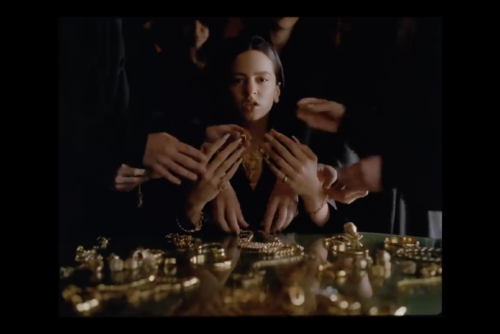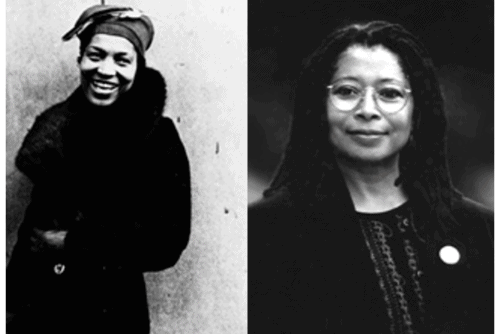In this special issue, “Race-ing Queens,” Guest Editors Mira Assaf Kafantaris, Treva B. Lindsey, and Sonja Drimmer have curated a selection of essays looking transhistorically at queens, queenship, and queendom from the margins. Their work is indebted to Professor of English and Africana Studies Kim F. Hall who, in her foundational study, Things of Darkness: Economies of Race and Gender in Early Modern England (Cornell University Press, 1995) insisted on observing the production of race in the premodern period and engaging in transhistorical readings of racial formations as a method of antiracist criticism and political pedagogy. Heeding this call, the contributors to this special issue write from a range of scholarly disciplines and cover vast geographies and centuries, asking us to consider the meaning of queens in history, in contemporary culture, and as artistic productions, conforming to or casting off the confinements of white supremacy, patriarchy, and colonial domination. These essays invite us into the multiple worlds queens inhabit: that of a Black brothel owner named Lulu White in nineteenth-century New Orleans, the music of contemporary musician Janelle Monáe, the life of Catherine of Aragon as historical figure and contemporary cultural artifact, the voices of Henry VIII’s six wives rendered as musical, and the troubling reproductions of Marian imagery by Spanish singer Rosaliá, among other spaces and forms inflected by queens. The combined effect of this issue is to provoke a critical transhistorical examination of queens and race, class, gender, and national formations, and to bring its questions critically into the present.



